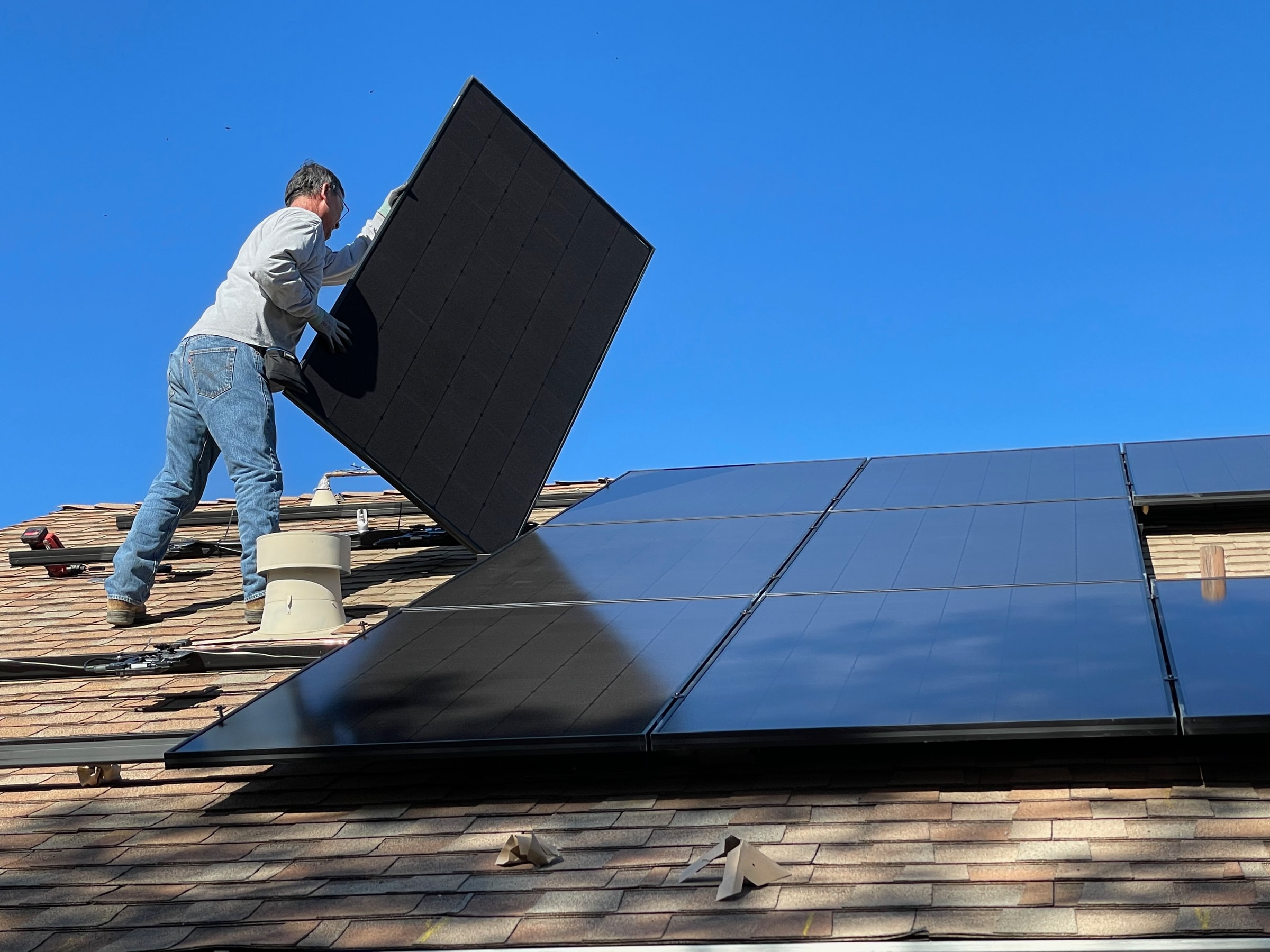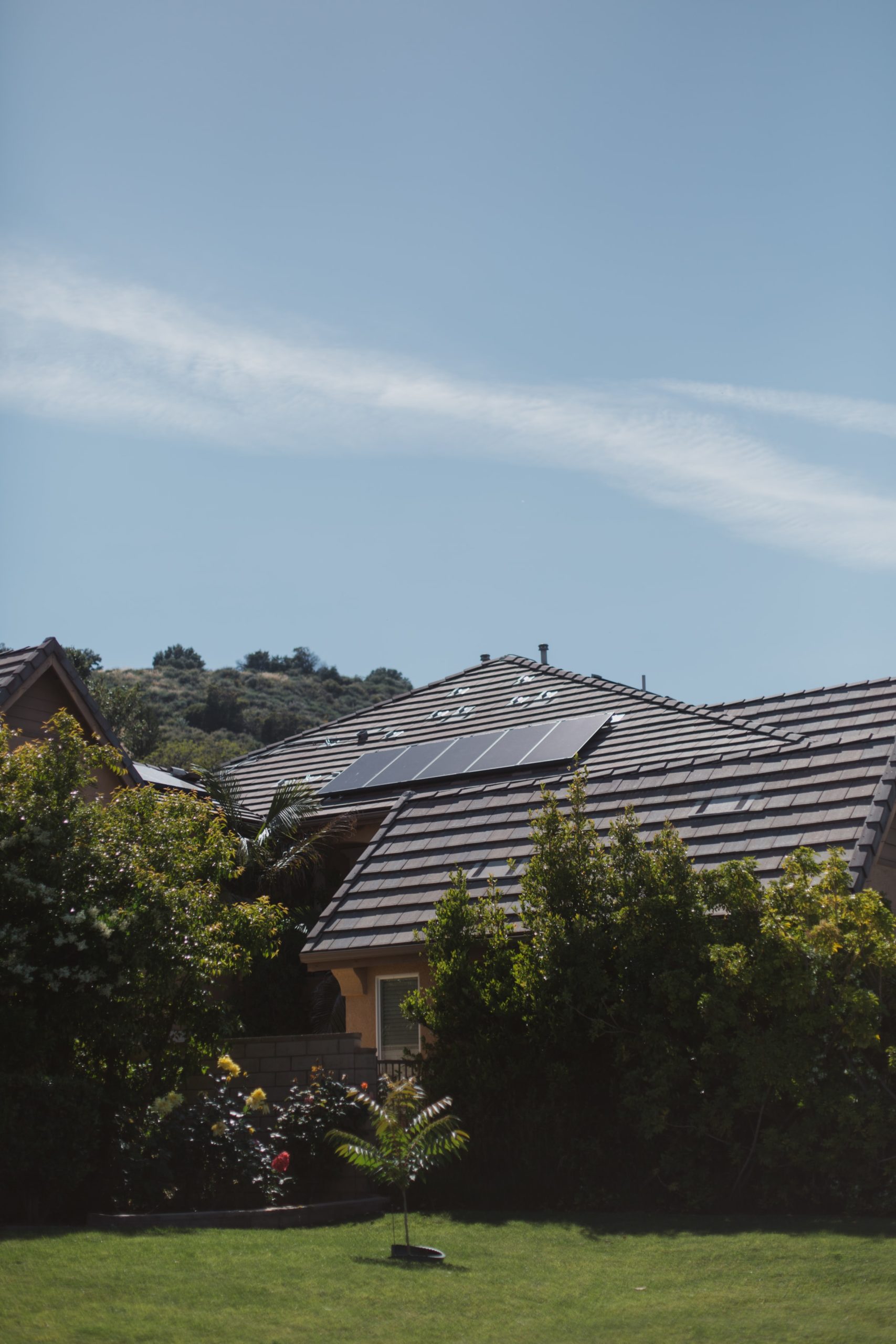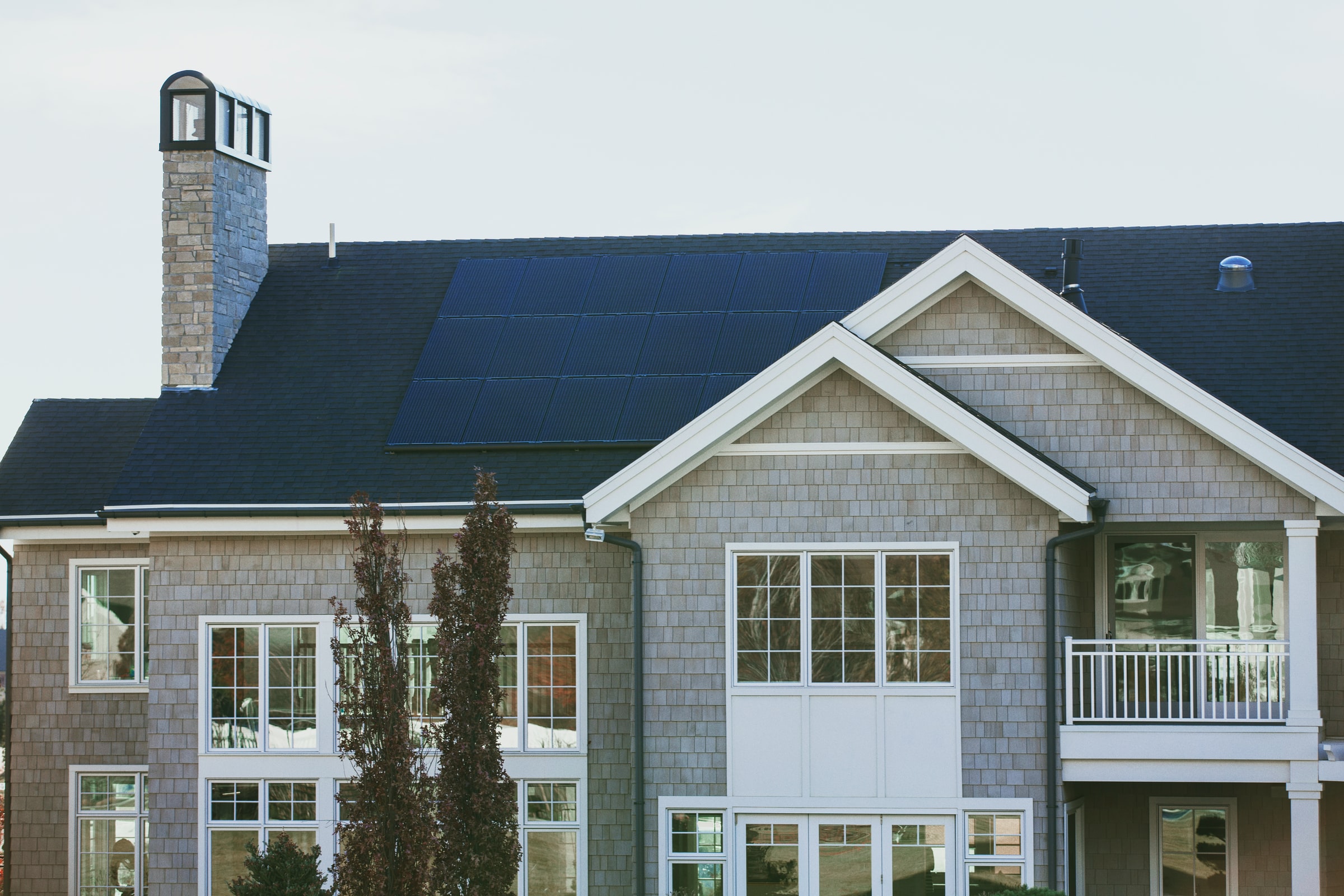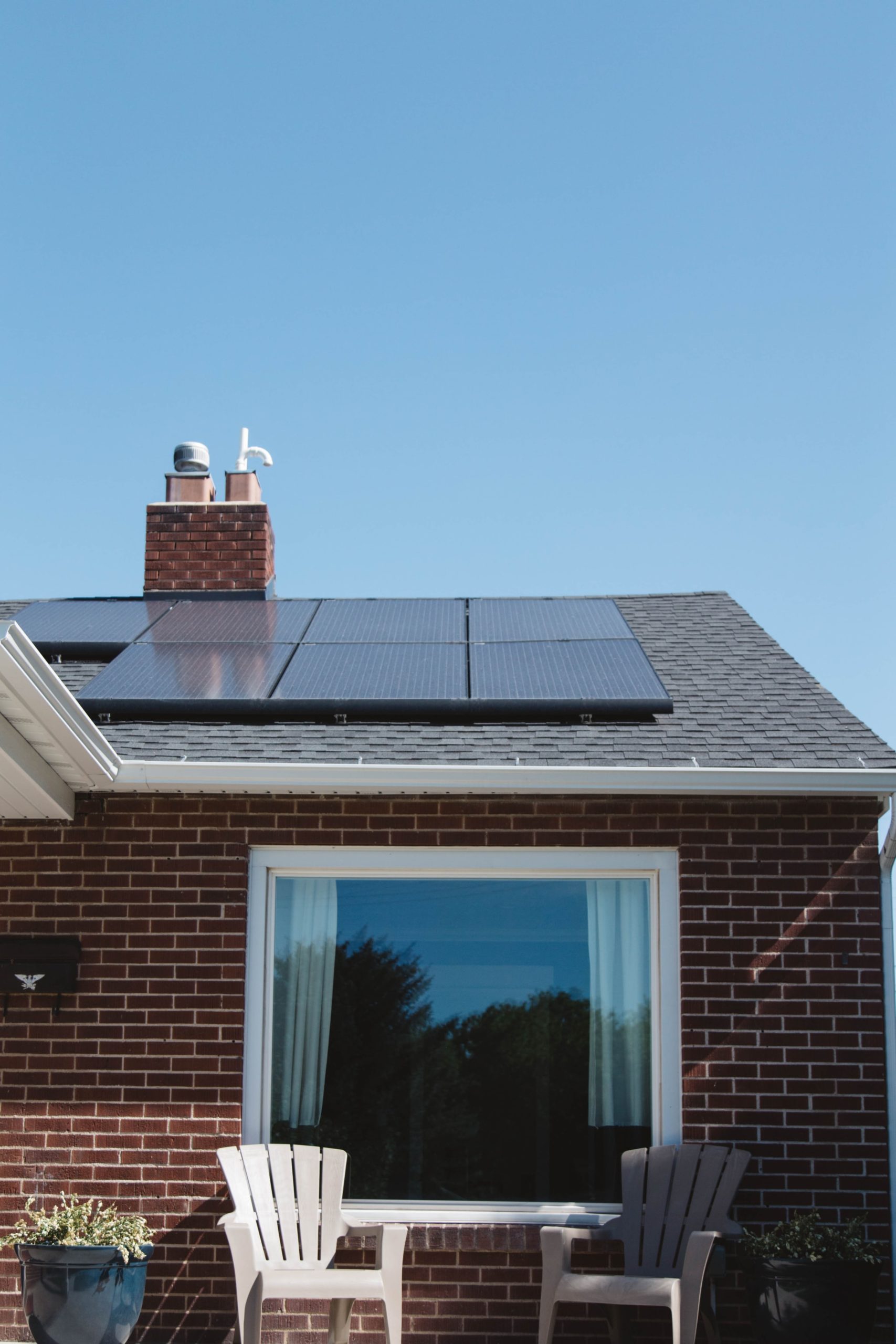We only have one planet, and we need to start acting as such by adopting a more eco-friendly way of life. This is buying solar panels and installing them on your own is environmentally friendly and is good for the environment. This is a win-win situation if you ask us. So, without further ado, let’s dive into this blog and learn more about solar panels.
1. How do solar panels work?

This is one of the first questions you might ask yourself if you want to invest in a photovoltaic system. A photovoltaic system consists of the following elements:
- Solar panels, which are themselves made up of photovoltaic cells
- A fixing system
- A charge controller
- An inverter that allows the transformation of direct current into alternating current
- Wiring
- A production meter
- A consumption meter
- A supervision system
- A circuit breaker.
The photovoltaic cell is the centerpiece of a photovoltaic system. The modules are made of these cells and then assembled into panels. Silicon is the material that allows the photovoltaic effect to occur. It is a semi-conductor compound that creates an electric current when in contact with sunlight. To be more precise, a cell is composed of two layers of silicon, one positively charged and the other negatively, like an electric battery.
The sun’s rays, and more specifically the photons, pass through the photovoltaic cell. They create a hole in the upper (negative) layer and generate an electrical voltage with the lower (positive) layer. The generated current is transformed into alternating current thanks to the inverter in order to supply the equipment of a house or a building.
2. Price
Since electricity tariffs are constantly increasing and feed-in tariffs are decreasing, connections to the grid for total sale installations are likely to decrease to the benefit of self-consumption photovoltaic connections.
Until 2017, individuals who would integrate solar panels into their roofs benefited from a better feed-in tariff for their electricity. The price per kWh was set at 0.46$ for installations with 9 kWh or less power. Thus, the feed-in tariff of electricity has decreased by 65%.
Many households make a choice to make the total sale of their electricity. Depending on your consumption habits, the characteristics of your roof, or your budget, this solution can be more profitable for you if you are in a lucrative and eco-responsible approach.
3. Return on investment

The price of a solar panel installation is often one of the main reasons for the reluctance to take the plunge into photovoltaics. However, the profitability of an installation is no longer in question. The fall in prices in photovoltaics and the increase in electricity tariffs make photovoltaics and, in particular, self-consumption more and more interesting financially.
An installation costs between 2,200 and 2,800 dollars per kWp and generates significant reductions in electricity bills each year. Either directly through self-consumption or indirectly through the sale of the production to an electricity supplier.
State aid for the installation of photovoltaic panels, such as the self-consumption bonus or the EDF OA feed-in tariffs fixed over 20 years, further improve the profitability of solar panels. Depending on the geographical area and the solar installation cost, the return on investment is reached between 10 and 15 years.
4. A civic gesture
Today, it is difficult for government representatives to adopt (at least publicly) a position that would not be favorable to the energy transition in the United States. Nuclear power is the object of all the wrath; renewable energies have the wind in their sails. In 2020, they will account for 19.1% of the US’s gross final energy consumption, of which 3.4% will be produced by photovoltaic solar energy.
The 2015 law on energy transition for green growth aims to raise the percentage of renewable energy in the US energy mix to 32% by 2030, which is 5% higher than the European aspirations for the same date. Thus, by installing solar panels on your house, beyond your personal convictions, you are taking a resolutely civic approach through your contribution to greening the US public electricity network.
Final thought

Are you in Campbellfield? Are you looking into buying a solar panel? Then look no further than Battery Shop. With over 2 decades of experience, they pride themselves in being the premier one-stop-shop for all your battery needs in Campbellfield. They provide a wide range of services from batteries to solar panels and accessories across Victoria.
So, what are you waiting for? Give them a call to learn more about their services. Using solar energy saves you money on your electricity bills and is also environmentally friendly. So let’s take steps in the right direction and make a difference for our planet.

One thought on “Top 4 Things Everyone Should Know About Solar Panels”